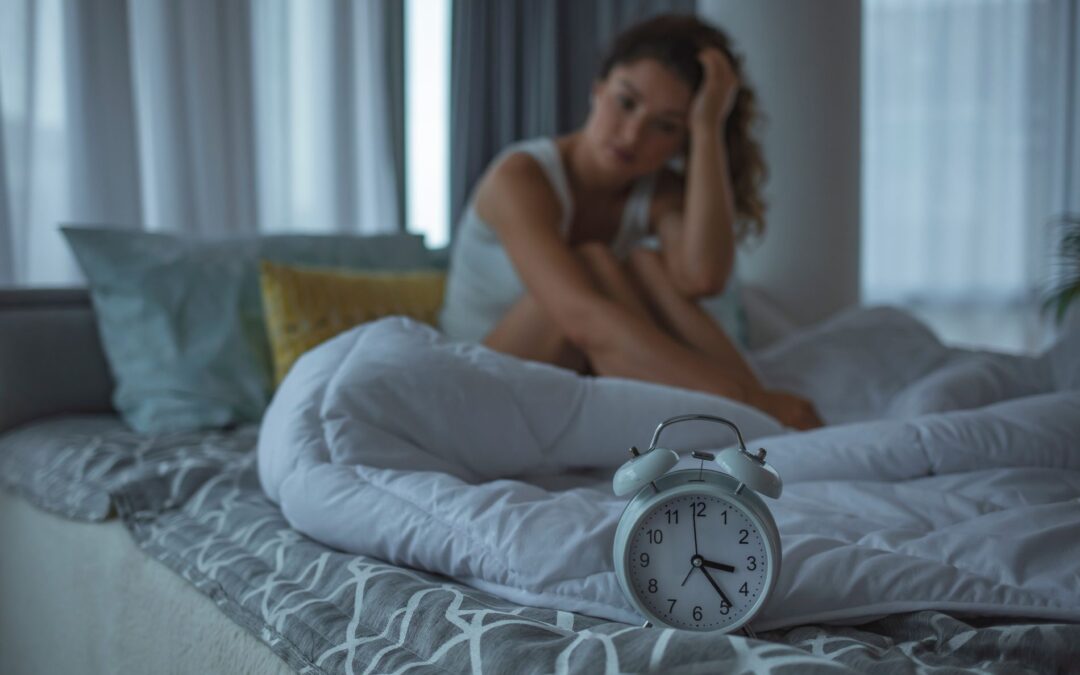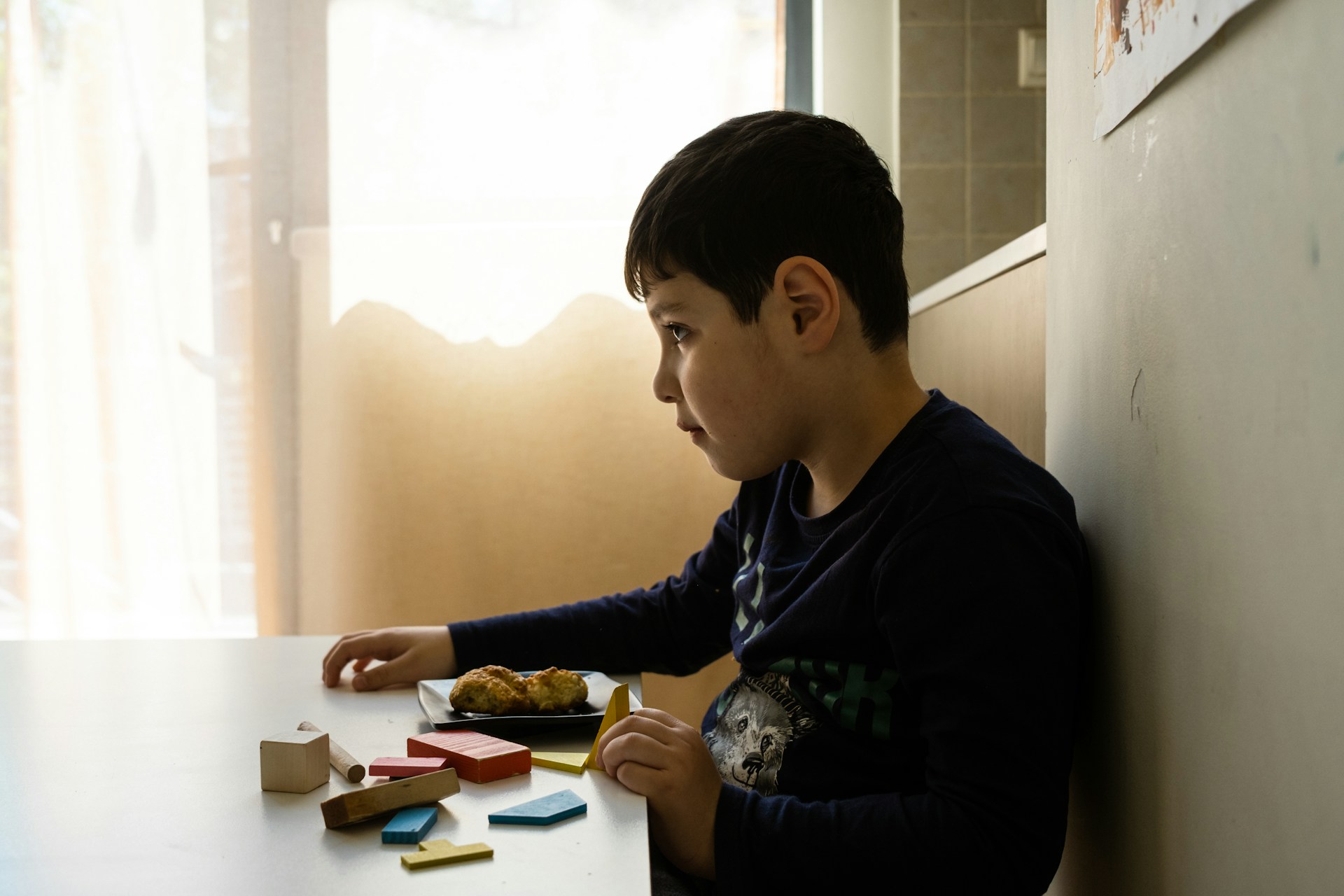Falling asleep shouldn’t feel like a nightly battle. But for people living with ADHD, it often does. The mind refuses to slow down. The body might still feel restless. Even after a long day, the idea of sleep can feel far off. Whether you’re lying awake staring at the ceiling or waking up a dozen times through the night, you’re not alone. Sleep problems and ADHD tend to go hand-in-hand more often than people think.
If you’ve ever felt completely worn out but still unable to shut your brain off, you get it. That second wind at 10 p.m.? Classic ADHD. Tossing and turning until the early hours? Also common. It can be frustrating, exhausting, and confusing. Understanding why ADHD affects sleep so much can help make this a little less confusing and a little more manageable.
Understanding ADHD And Its Impact On Sleep
ADHD can affect focus, time awareness, and how we process both energy and rest. It’s not just about attention during the day. It impacts how your brain winds down at night too. One of the biggest challenges with ADHD is regulating routines. That includes the daily structure needed to help the mind know when it’s time to sleep.
People with ADHD often experience:
– Racing thoughts, especially at bedtime
– Irregular sleep-wake cycles
– Delayed sleep timing, known as delayed sleep phase
– A hard time getting up in the morning
When the brain is constantly alert or shifting from one thought to the next, drifting into rest mode doesn’t come easy. Often there’s also anxiety, which can make everything worse. Worrying about tomorrow’s tasks, a conversation from earlier, or even random unfinished projects can keep your mind spinning.
Take someone who spends an hour trying to fall asleep every night. Their thoughts jump from what they forgot to do at work to wondering if they replied to all their texts. By the time their body actually feels ready to doze off, more time has passed than they even realized. That constant mental “on” switch is a big part of why sleep seems so hard.
Common Sleep Challenges For Individuals With ADHD
Sleep problems can look different from person to person, but many people with ADHD experience at least one of these struggles regularly:
1. Trouble Falling Asleep: Even when they’re tired, the mind stays busy. Thoughts race. Planning, worrying, or thinking about random topics keeps the brain wired.
2. Restlessness or Hyperactivity at Night: Some feel like their bodies won’t stop moving. You might constantly change sleeping positions or even feel the need to get out of bed and do something.
3. Waking Up Throughout the Night: ADHD can disrupt deeper sleep stages. This can lead to a lighter sleep where the person wakes up more often and struggles to fall back down into rest.
4. Late Bedtime Routines: Many with ADHD drift toward staying up later and later. It’s common to be more productive or alert in the evening, pushing bedtime past midnight even when they have to wake up early.
These sleep patterns don’t only leave someone tired during the day. They can make ADHD symptoms worse. Lack of rest affects focus, mood, memory, and energy. Then, those worsened symptoms at bedtime create the same problems again. It turns into a frustrating cycle that’s hard to break without the right kind of help.
Effective Strategies To Improve Sleep For ADHD Sufferers
Getting better sleep with ADHD isn’t about finding a magical fix. It’s about building habits that your brain can get used to and repeat. That takes patience and some trial and error. But a few simple changes in your evening routine can make a big difference over time.
Try starting with these:
– Stick to one bedtime and wake-up time. Even on weekends. This helps train your body’s sleep rhythm.
– Create a sleep-friendly zone. Use blackout curtains, keep the room cool, and get rid of noise or light that might wake you up. Some people find a white noise machine or box fan helpful.
– Power down screens early. Phones, TVs, and tablets can trick your brain into staying alert. Try switching them off or putting them down at least 30 to 60 minutes before you head to bed.
– Use calming activities before bed. Many people with ADHD benefit from routine. Build a short list of things you do each night to tell your brain it’s time to wind down. This could be stretching, reading, journaling, or taking a warm shower.
– Try simple relaxation methods. Deep breathing or progressive muscle relaxation can guide your body into a more relaxed state. These aren’t long or complicated. Just a few minutes can help.
It’s helpful to track what works and what makes sleep harder. For example, someone might notice that skipping their bedtime routine leads to waking up more often. Others might find evening caffeine or a late workout keeps their mind racing. Once you spot these patterns, small adjustments get easier to make.
When To Seek Professional Help
If you’ve tried setting a routine, adjusting your space, and adding some calming habits but sleep is still broken night after night, you don’t have to keep guessing. Talking to a therapist with ADHD experience can make a big difference. Even when people follow every sleep tip out there, ADHD symptoms can still get in the way. That’s where deeper support can really help.
Here are signs you might want to reach out:
– Your sleep problems aren’t improving after several weeks
– Poor sleep is making your ADHD symptoms worse during the day
– You’re dealing with high anxiety or mood changes connected to sleep
– You’ve stopped doing daytime tasks because of constant exhaustion
Therapists trained in ADHD understand how executive function challenges affect sleep. They’ll look at your habits, thought patterns, and emotional stress that might be connected to your sleep struggles. They can also help you troubleshoot patterns that are especially hard to spot on your own. Relying on expert help isn’t a sign of failure. It’s a smart step toward real change.
Building A Better Night’s Sleep
Living with ADHD doesn’t mean being stuck with bad sleep forever. With some structure, support, and changes that work for your lifestyle, falling asleep and staying asleep becomes a lot more possible. It’s not about doing everything right overnight. It’s about starting small and sticking with it enough for your mind and body to build new habits.
Everyone’s experience with ADHD and sleep is different. What works for one person might not work for another. Trying strategies without pressure, listening to your body, and knowing when to ask for help gives you a much better shot at better rest. If sleep has been a long-time struggle, you’re definitely not alone and you don’t have to figure it out by yourself.
Struggling with ADHD sleep disorder can make restful nights feel out of reach, but support is available. Dr. Shahin Carrigan Ph.D., MFT provides compassionate, personalized care to help you better understand your sleep patterns and build a routine that works. Let’s work together to create a path toward more peaceful nights and clearer days.




